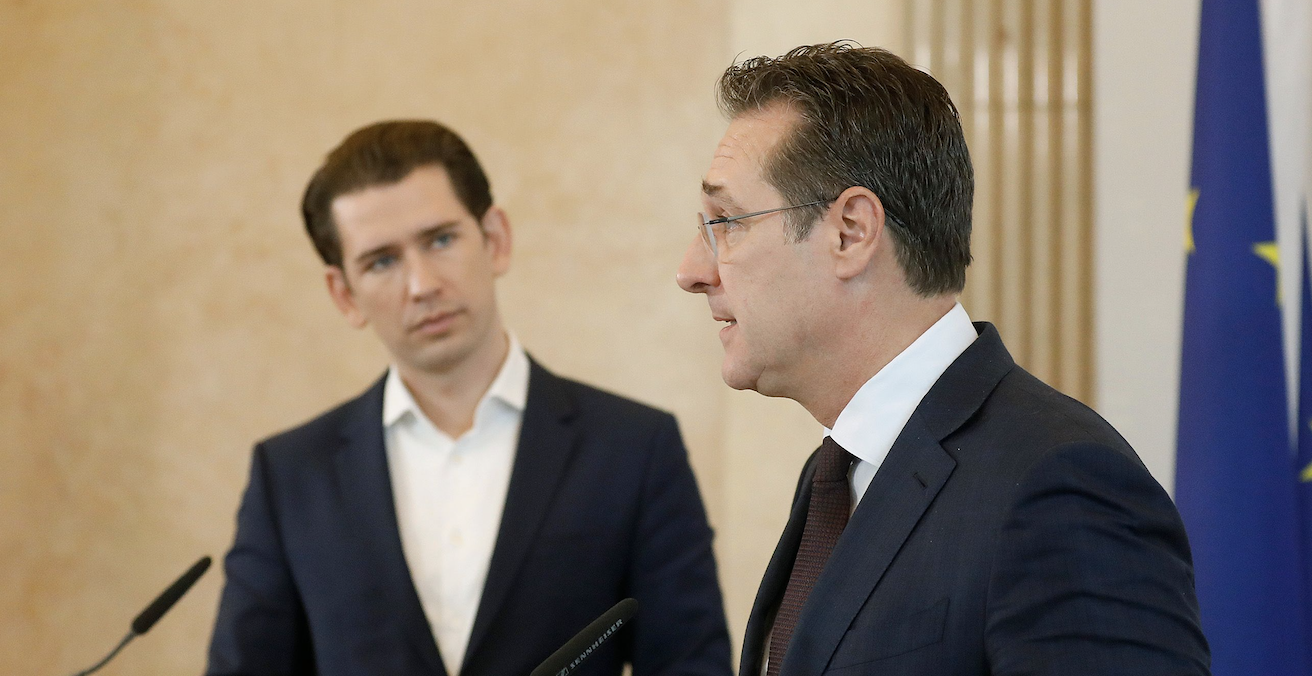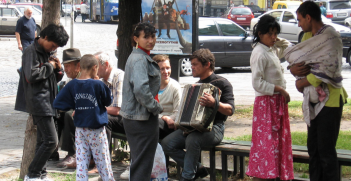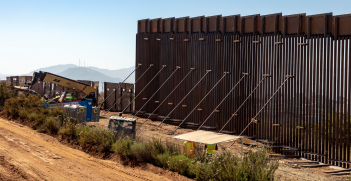Austria, Europe and the Perils of Populism

Austrian Chancellor Sebastian Kurz has called a snap election after his coalition partner, Heinz-Christian Strache, was caught offering favours to Russian oligarchs in exchange for political funding. But it is unlikely such a scandal will do little to stem the curious rise of populism in either Austria or Europe.
Populism is on the march. No great scoop, perhaps, but thinking about why and where populism is taking hold can still be surprising, even shocking. Having spent the last month at the University of Vienna I am still a little puzzled by the fact that right-wing leaders play such a prominent part in Austrian and European politics.
Perhaps I shouldn’t be. Austria was, after all, the birthplace of der Führer. Hitler’s triumphant return in 1938 clearly wasn’t his homeland’s finest hour. But that was then, and young Austrians – at least the sort I mix with – seem cosmopolitan, sophisticated and aware of the dangers of extremist politics. Recent history seems to count for more.
During the 1960s and 1970s Austria was the subject of much earnest scholarly study as an example of a very successful form of European-style “neo-corporatism.” Christian democratic governments developed inclusive welfare states that allowed for the representation of, and cooperation between, trade unions, business, government and other elements of civil society.
Yet that model, which still has its admirers in the Australian labour movement, has been unraveling, partly as a consequence of “globalization.” It seems that it’s simply not possible to retain that sort of protective, regulatory state in an era of open economic borders. Open political borders appear to be even more of a problem.
Unsolicited, unwanted and uncontrolled immigration is one of the defining issues of our times. It is fair to say it’s not bringing the best out of people, especially those who either think their views are ignored or those who seek to represent the supposedly disadvantaged and neglected indigenous population.
The odd thing about Austria, though, is that it doesn’t have a visible immigrant presence in the way that France, Germany or Britain do; something that is explained by the high percentage of migrants who come from the former Austro-Hungarian Empire, no doubt. This hasn’t stopped the Austrians from electing some of Europe’s most rightwing politicians though.
The government of Austria’s youthful Chancellor, Sebastian Kurz, is a power-sharing agreement between his Austrian People’s Party and the (even more) far-right Freedom Party of Austria, led by Heinz-Christian Strache, who is also the Vice Chancellor. The coalition has now fallen apart as a consequence of revelations about Strache’s apparent willingness to grant favours to Russian oligarchs in return for political funding.
Rightwing politicians and populists are not the only ones that indulge in corrupt practices, of course. Former Brazilian President Lula da Silva was sentenced to 12 years jail for his part in a massive corruption scandal. But given Austria’s place as a long-standing member of the European Union and a supposed bastion of liberal democracy, the collective attraction to rightwing causes takes some explaining.
It also provides a sobering reminder of just how fragile effective and representative political systems can be. Chancellor Kurz has called a snap election to counter the perception that his government has been careless about its commitment to transparent democratic rule, and to distance himself from claims that his administration had been getting too close to Russia. President Vladimir Putin is widely admired by Europe’s populists who envy his control of the media and his dominance of a compliant political system.
Hungary’s Viktor Orbán has taken his particular form of populist illiberalism further than anywhere else in the EU, and Europe’s political elites have been powerless to stop him. The looming European elections may reveal the extent of popular opposition to the European project, not least in the United Kingdom, where Nigel Farage’s Brexit party may actually outpoll the Tories and Labour.
In Austria, by contrast, support for the EU has actually increased since Brexit became such a debilitating and humiliating national saga in the UK. Nearly 80 percent of Austrians think they should stay in the EU – and why wouldn’t they? Prosperity and stability seem the most obvious characteristics of national life to the casual observer. Indeed, much the same could be said about large parts of the EU, and yet populists continue to prosper and the European project founders.
You might think that Europeans generally, and Austrians in particular, might recognize the very tangible benefits the EU has conferred, and not just in the most visible areas of economic development and integration. The pacification of Europe remains its greatest achievement and one the populists may yet imperil.
Is there an antidote to populism? Given the unhappiness that so many feel – rightly or wrongly – about immigration this has to be an issue that political leaders take seriously. And, yet, it will probably involve dismantling what is arguably one of the EU’s other signature achievements: the free movement of people within the Schengen zone.
Even this may not be enough to counter the populist upsurge, however. It certainly will do little to address climate change, which remains the world’s biggest collective challenge and one that really will take mass mobilisation to address. If the prosperous, secure and admirably placid Austrians can succumb to parochialism and populism, though, it is difficult to see which countries will remain immune.
Professor Mark Beeson is the AIIA’s research chair and author of Environmental Populism: The Politics of Survival in the Anthropocene.
This article is published under a Creative Commons License and may be republished with attribution.





